Analysis of Leadership and Management in Operations: Unit 04 Report
VerifiedAdded on 2022/09/13
|9
|552
|28
Report
AI Summary
This report provides an analysis of management and leadership concepts within the context of Unilever, a multinational fast-moving consumer goods (FMCG) company. It explores key operational functions, including improving health and well-being, reducing environmental impact, and enhancing livelihoods, and examines approaches such as Total Quality Management, Just-In-Time, and Total Productivity Maintenance. The report evaluates the impact of Corporate Social Responsibility, culture, values, ethics, sustainability, and shareholder expectations. It also outlines strategies like market penetration, product development, and diversification. The report concludes by differentiating between the roles of a manager and a leader, highlighting their shared goal of enhancing organizational productivity and growth. The report references several academic sources to support its findings.
1 out of 9
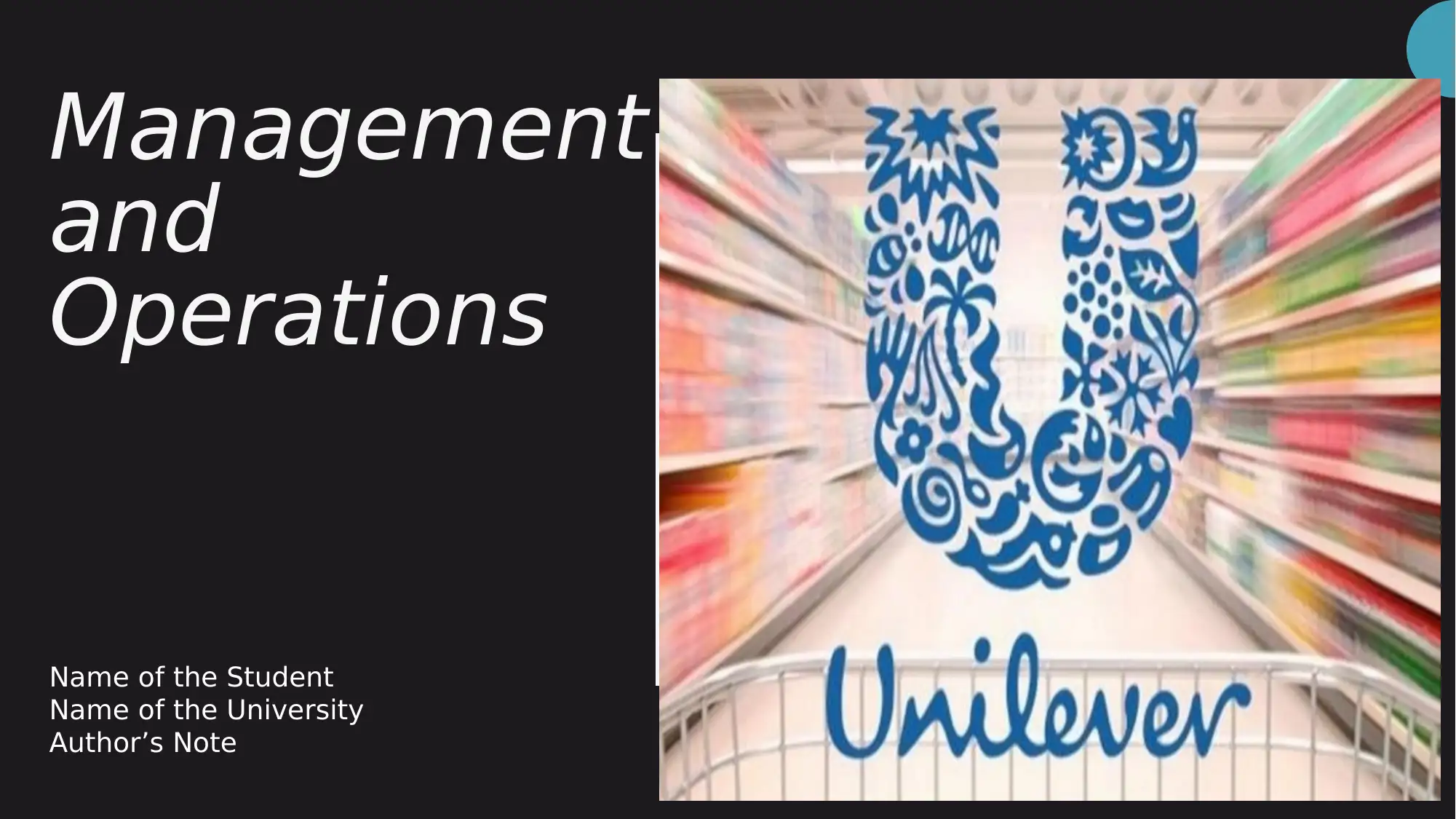
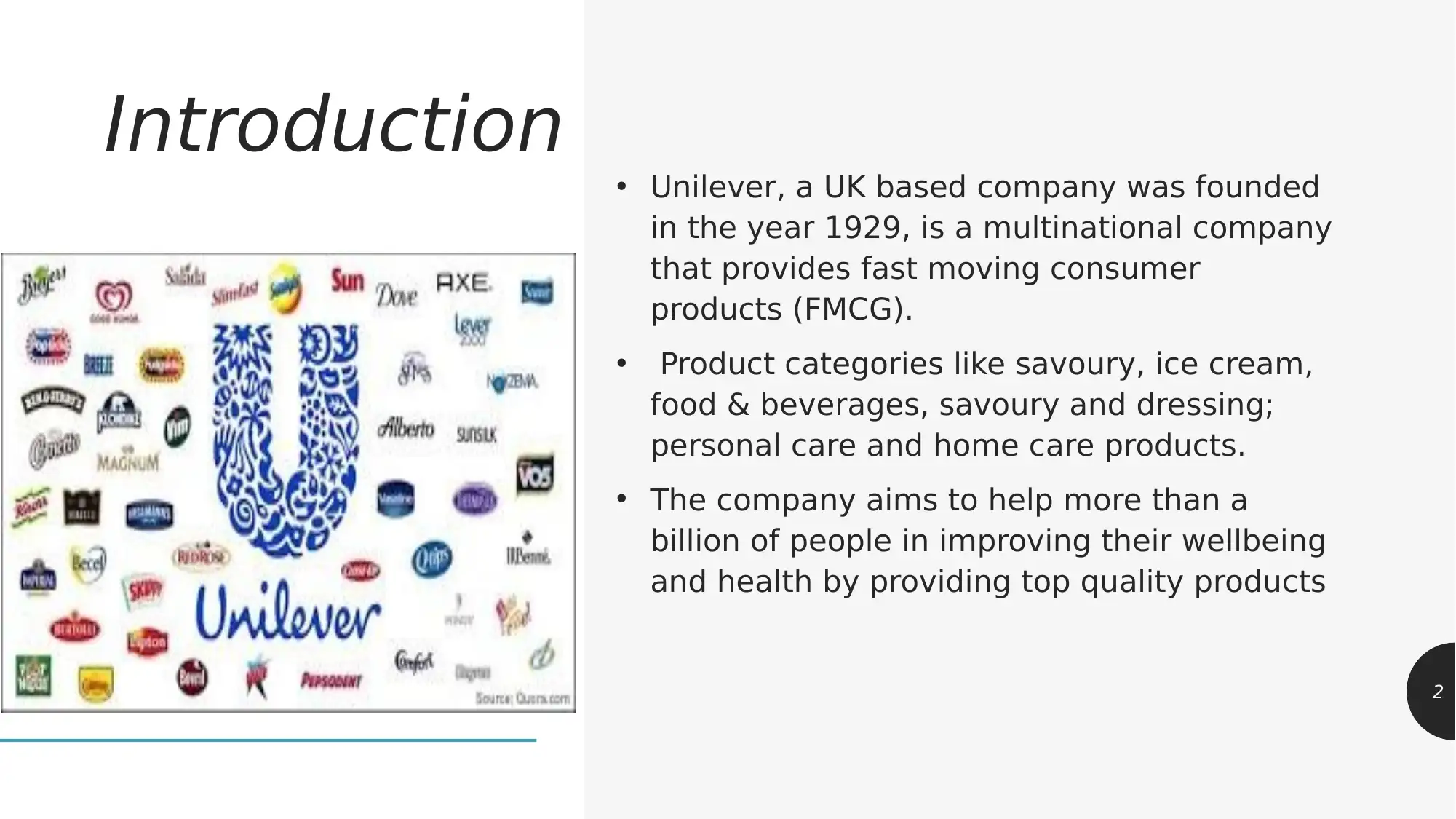
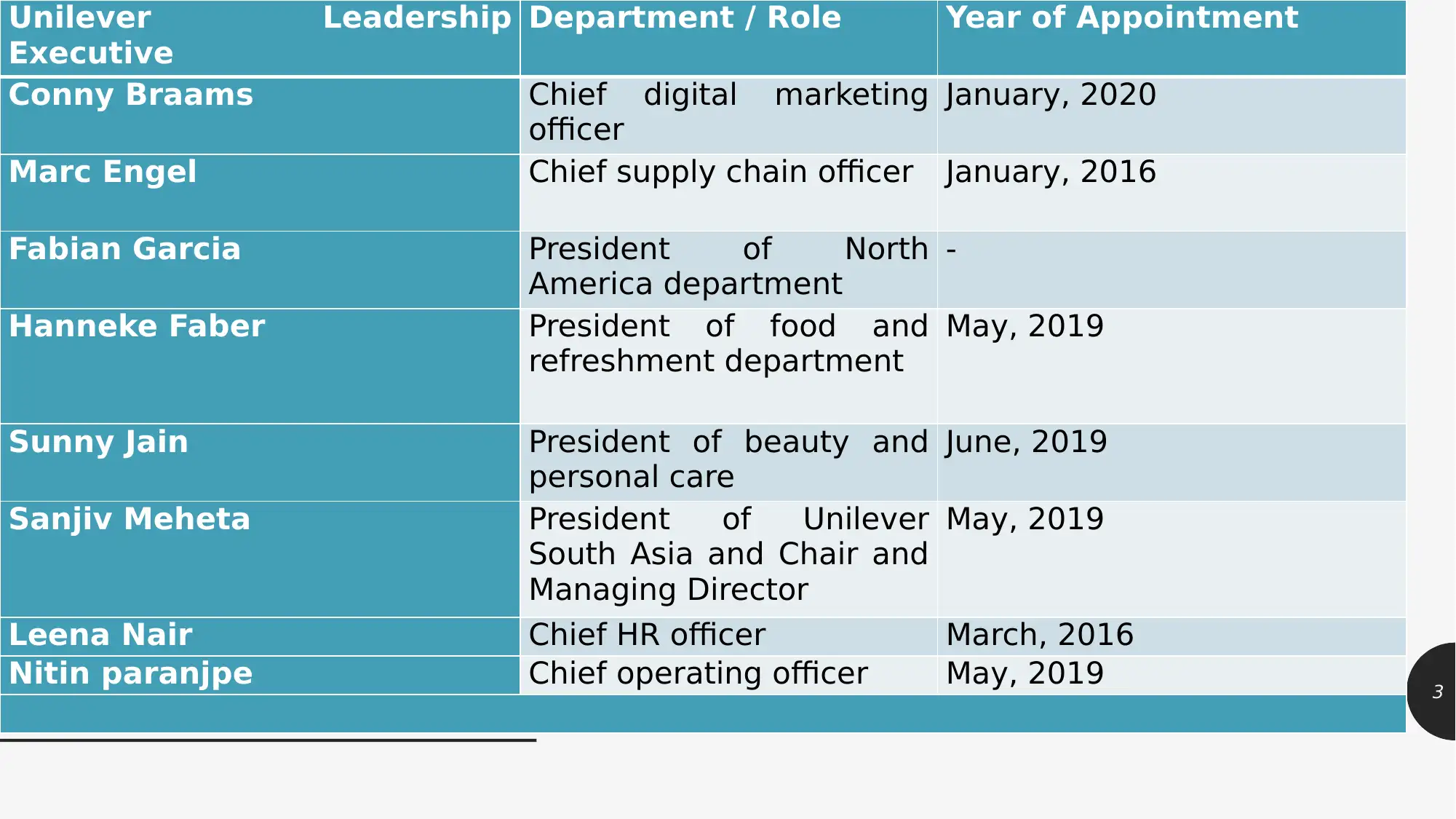

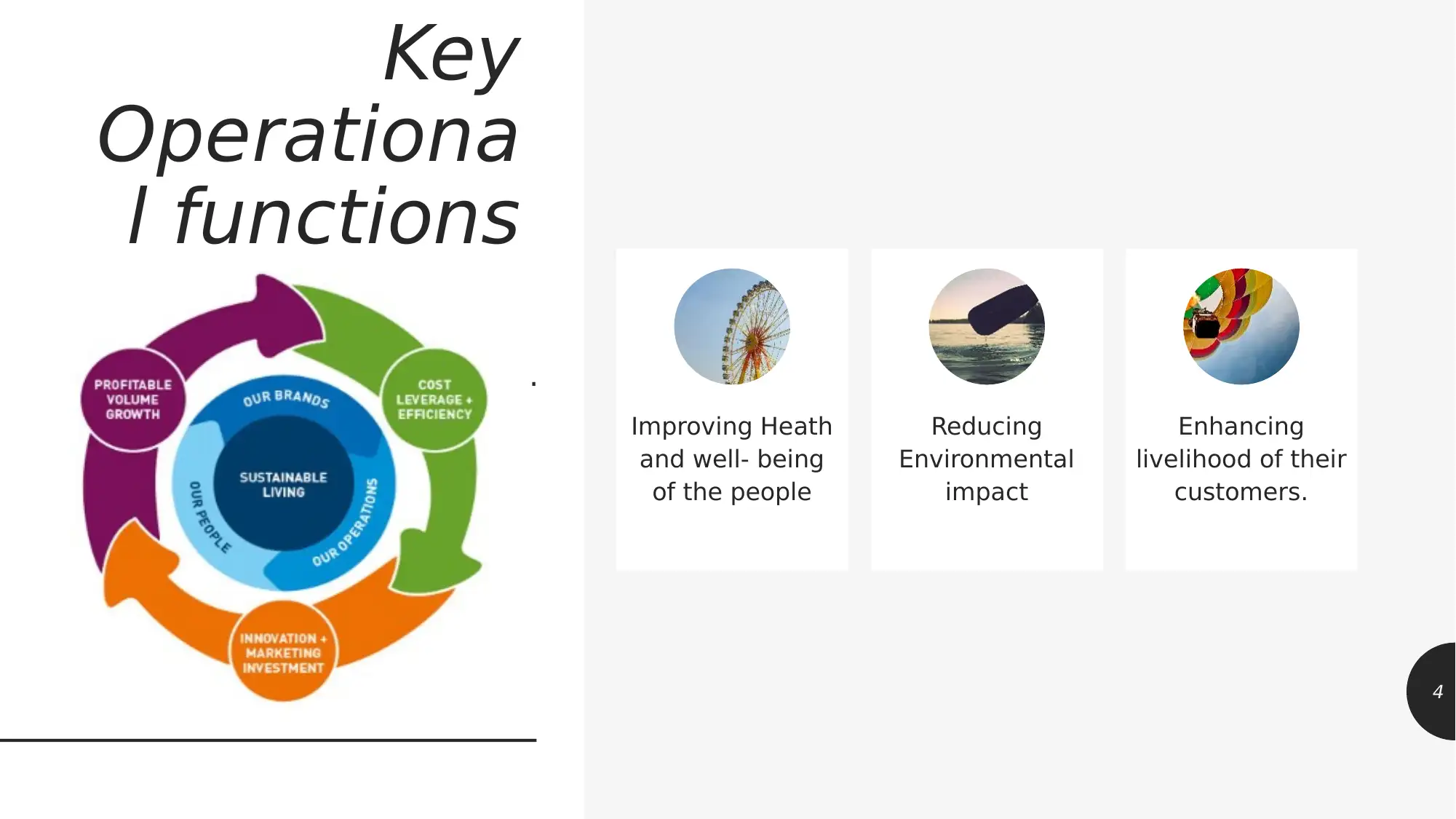
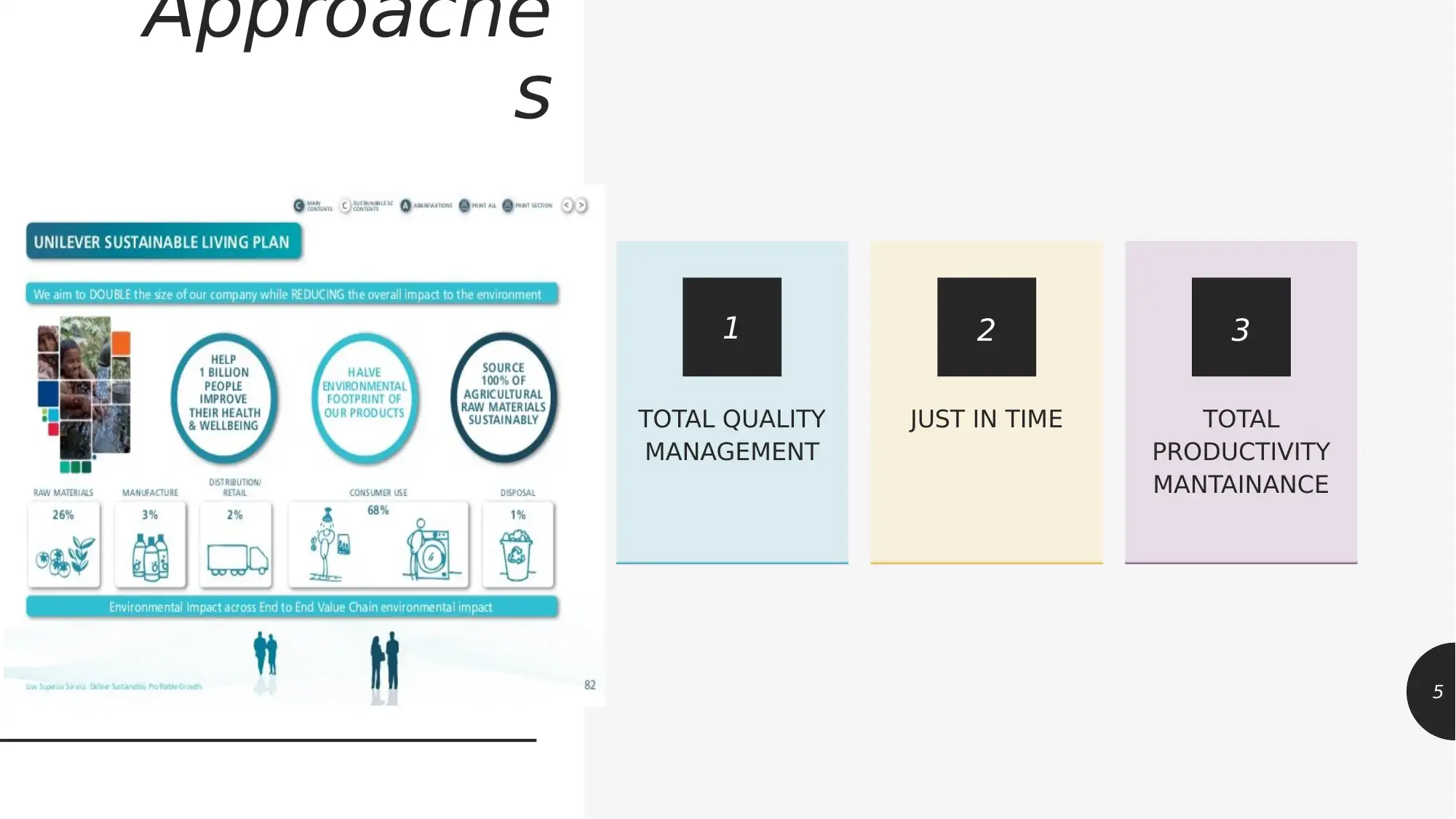
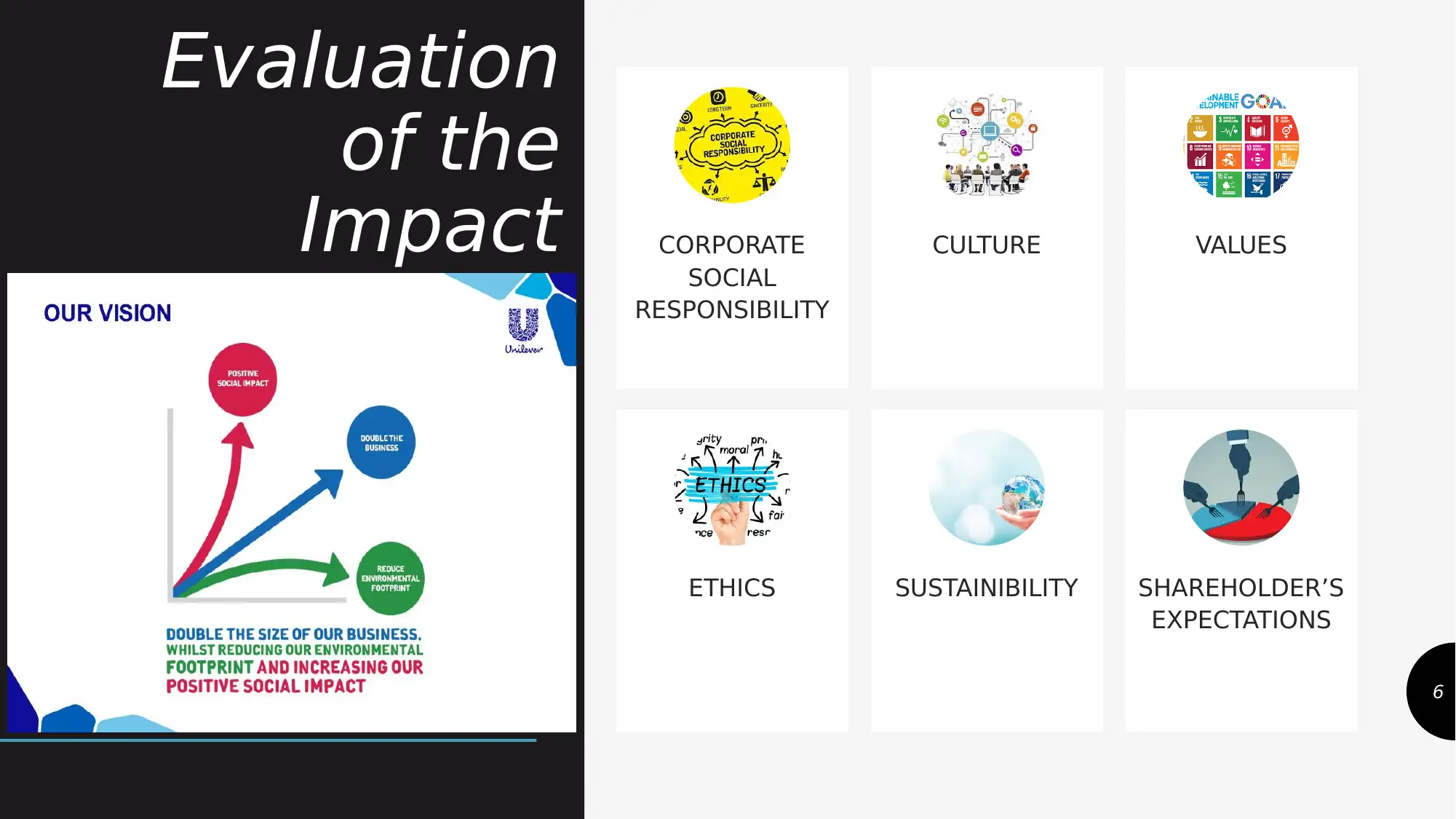
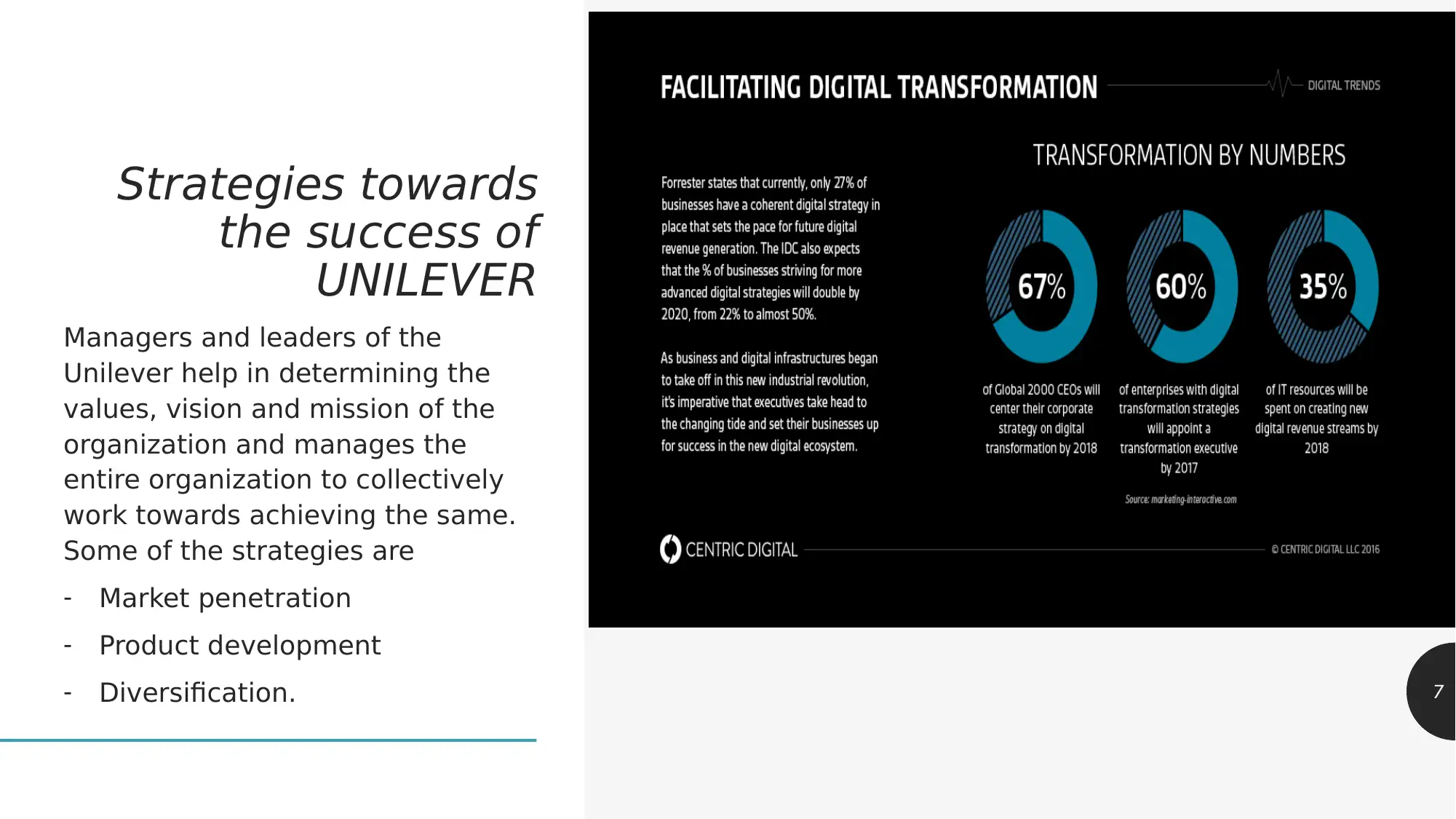
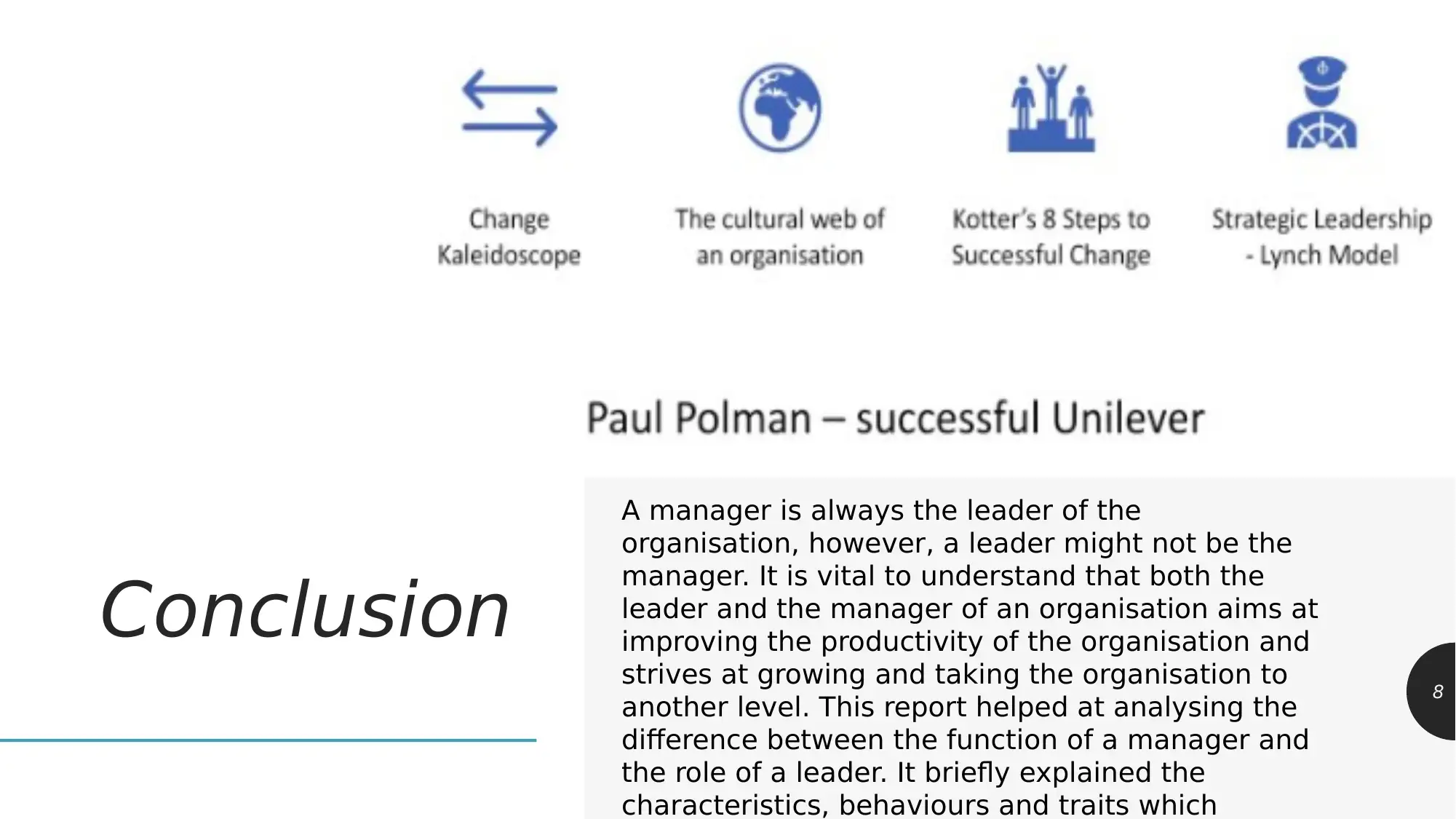
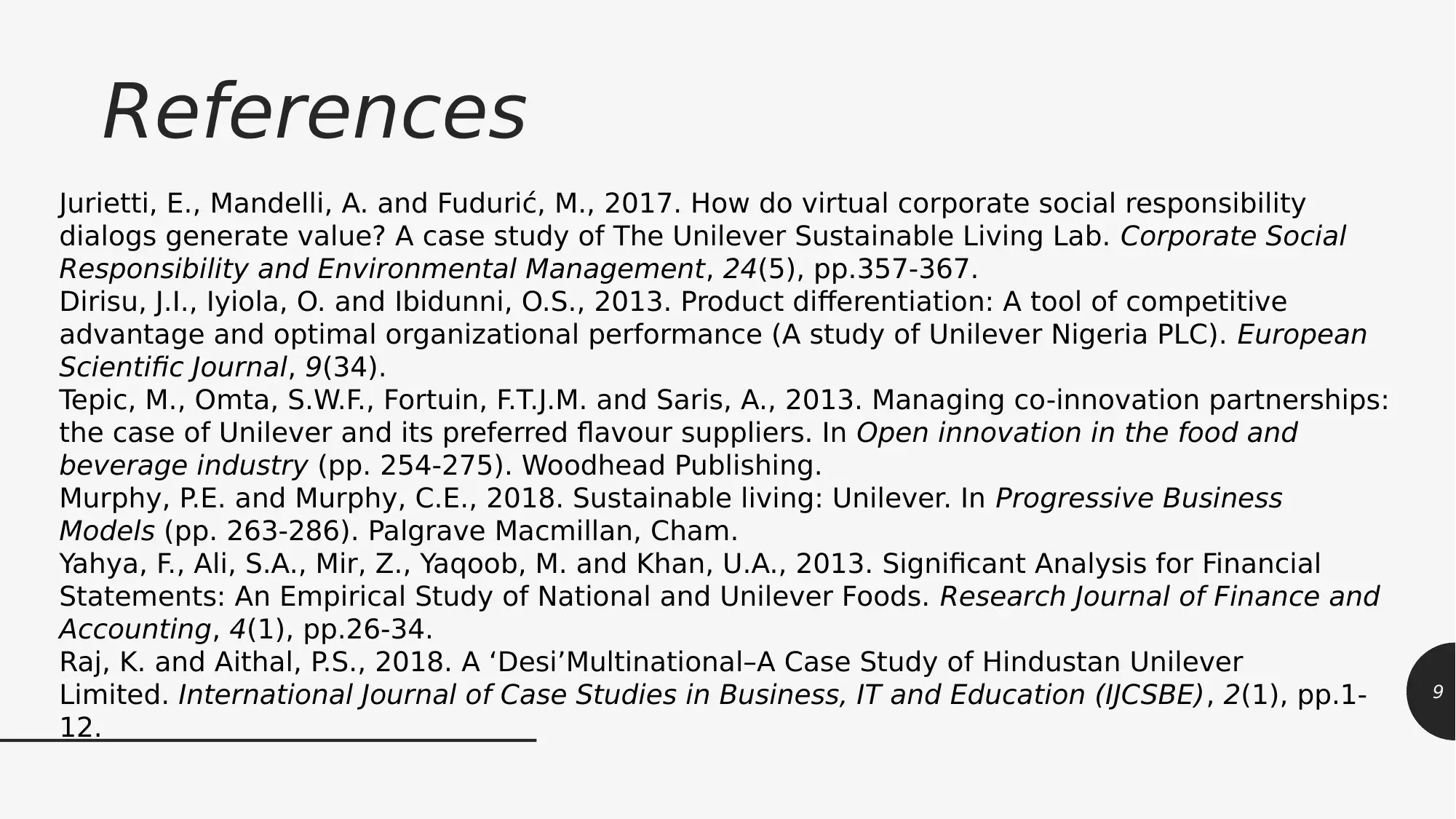






![[object Object]](/_next/static/media/star-bottom.7253800d.svg)